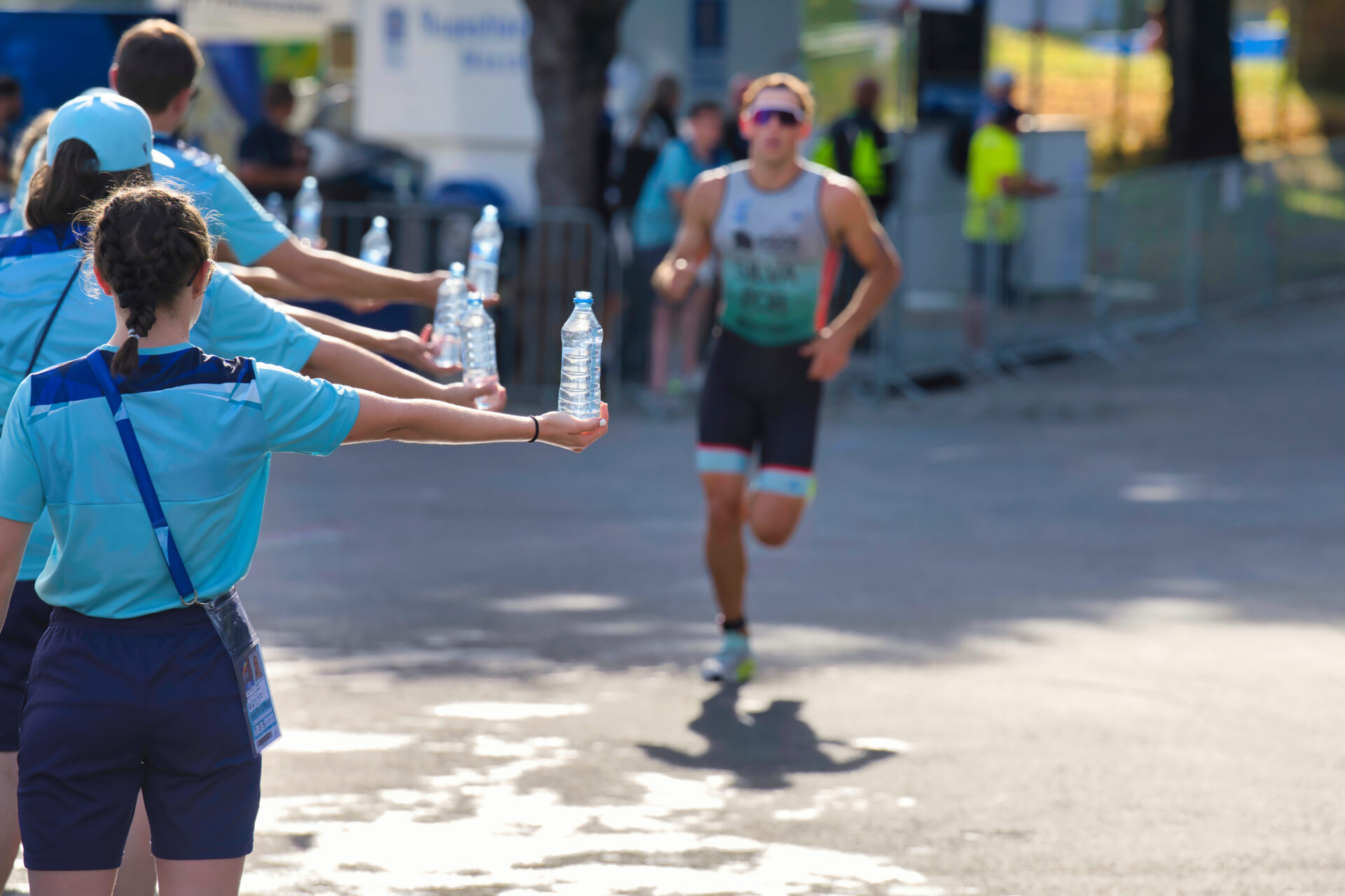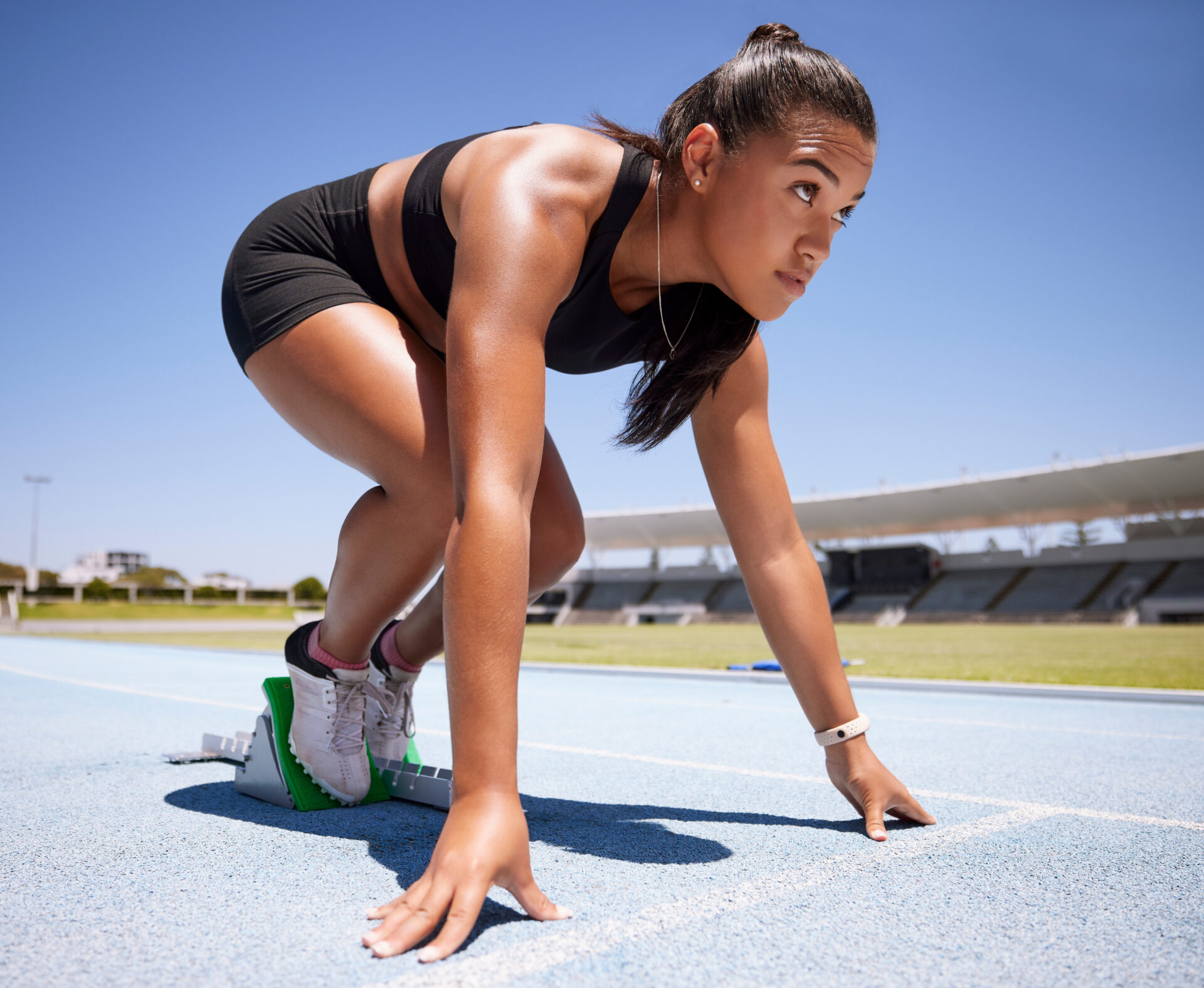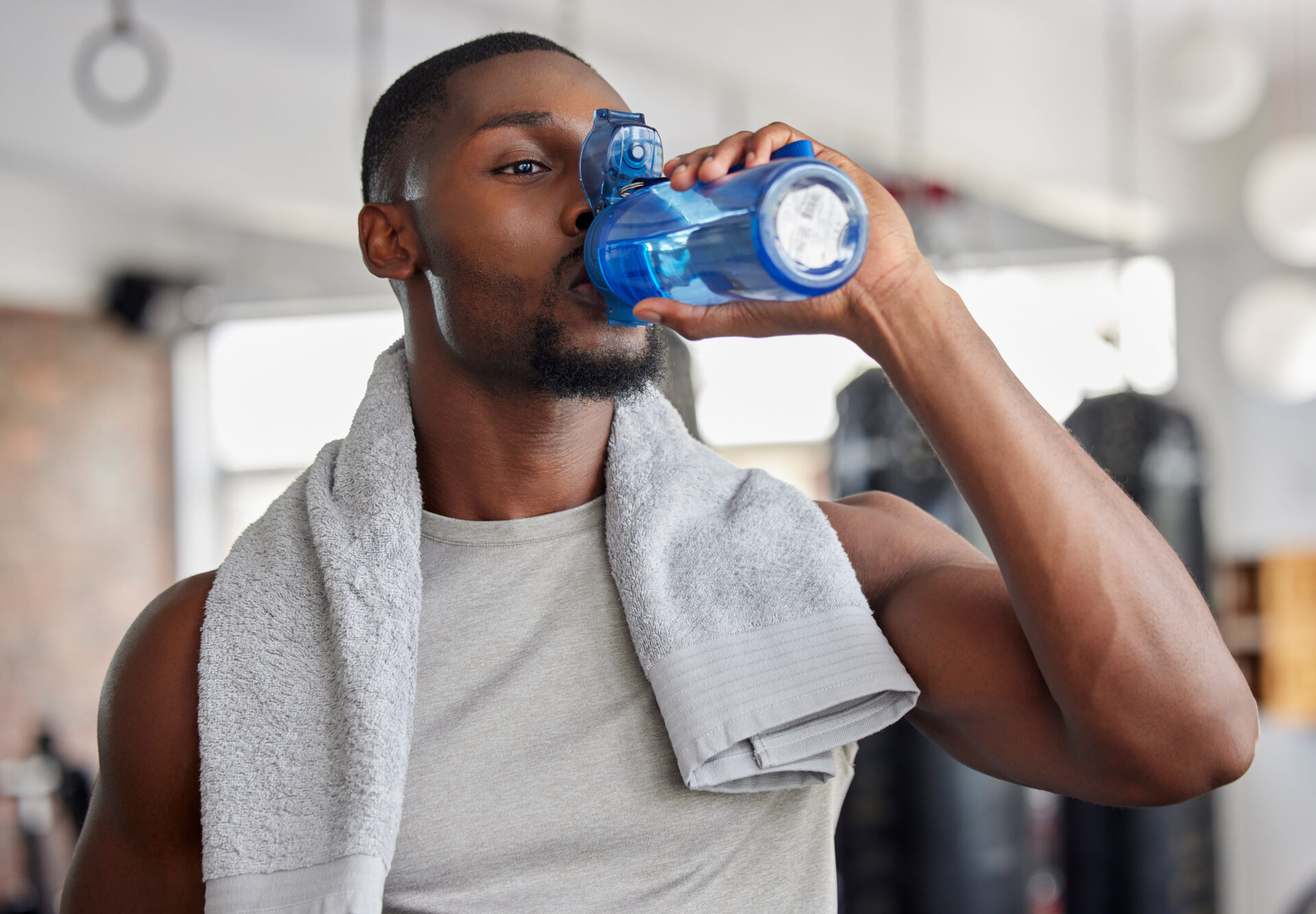Staying hydrated is more than just a health tip—it’s a cornerstone of athletic performance and overall well-being. Proper hydration not only helps you perform at your best, but also plays a vital role in preventing injuries. Understanding the importance of hydration for athletes, and implementing effective strategies to stay hydrated, can make a significant difference in both training and competition outcomes.
About the Author: Arth Patel, MD, MPH, is a Board-certified Primary Care Sports Medicine Physician and Family Medicine specialist renowned for his compassionate care and expertise in sports medicine. Specializing in conservative, non-surgical treatments, Dr. Patel is dedicated to managing sports injuries and promoting musculoskeletal health. With a commitment to personalized patient care and a focus on non-operative solutions, he strives to keep athletes and individuals of all ages active and thriving. Trust Dr. Patel to guide you toward optimal recovery and peak physical performance.

The Role of Hydration for Athletes
Water is essential for various bodily functions, including temperature regulation, joint lubrication, and nutrient transport. During physical activity, the body loses water through sweat, and this loss must be replenished to maintain optimal physiological function. Dehydration, even at mild levels, can lead to a decrease in performance and an increased risk of injury.
1. Maintaining Energy Levels
Water is crucial for the metabolic processes that produce energy. Dehydration can lead to fatigue, reducing your ability to perform at your best. Proper hydration ensures that your muscles receive adequate oxygen and nutrients, helping to sustain energy levels during prolonged exercise.
2. Regulating Body Temperature
Sweating is the body’s natural mechanism for cooling down during intense physical activity. Adequate hydration supports efficient sweating and evaporation, helping to regulate body temperature. When dehydrated, your body’s ability to cool itself diminishes, increasing the risk of heat-related illnesses such as heat exhaustion or heat stroke.
3. Improving Joint and Muscle Health
Water helps lubricate joints and maintain muscle elasticity, reducing the risk of cramps and injuries. Dehydration can lead to muscle stiffness and decreased joint mobility, making you more susceptible to strains and sprains.
4. Enhancing Cognitive Function
Hydration also affects cognitive function, which is crucial for athletes who need to make quick decisions and maintain focus. Dehydration can impair concentration, reaction time, and coordination, all of which are vital for peak performance.

How to Approach Hydration for Athletes
Maintaining proper hydration requires a proactive approach. Here are some tips to help you stay hydrated before, during, and after workouts:
1. Pre-Hydration
Start hydrating well before your workout or competition. Aim to drink about 16-20 ounces of water 2-3 hours before exercise. This helps ensure that your body starts in a well-hydrated state.
2. Hydration for Athletes During Activity
During exercise, aim to drink 7-10 ounces of water every 10-20 minutes. For longer activities, consider a sports drink that contains electrolytes to replace the salts lost through sweat. Electrolytes are recommended when you are exercising for over an hour at elevated intensity, when you are exercising outside in the heat, and if you usually sweat heavily during exercise. Electrolytes are essential for maintaining fluid balance, muscle function, and preventing cramps.
3. Post-Exercise Rehydration for Athletes
After exercising, it’s important to replace any fluids lost during activity. A general guideline is to drink 24 ounces of water for every pound of body weight lost during exercise. This can be determined by measuring body weight, before and after exercise. This rehydration process helps support recovery.
4. Monitor Your Hydration Status
Pay attention to signs of dehydration such as dark urine, dry mouth, and dizziness. Monitoring urine color is a simple way to gauge hydration status; pale yellow usually indicates proper hydration, while darker shades suggest dehydration.
5. Adjust for Conditions
Environmental factors such as temperature and humidity can affect fluid loss. In hot and humid conditions, you may need to increase your fluid intake to compensate for higher sweat rates. Similarly, high-altitude training can also increase hydration needs.
6. Personalized Hydration Plan for Athletes
Every athlete’s hydration needs are unique. Consider working with a sports medicine professional to develop a personalized hydration plan that takes into account your specific activity level, sweat rate, and individual preferences.

Hydration is a fundamental aspect of athletic performance and injury prevention. By understanding the role of water in the body and implementing effective hydration strategies, you can enhance your performance, reduce the risk of injuries, and ensure overall well-being. Stay proactive about your hydration needs, and your body will thank you with improved performance and resilience. For more information on maintaining optimal athletic health and maximizing sports performance, request an appointment with Dr. Arth Patel and our team of orthopedic and sports medicine experts, today!







